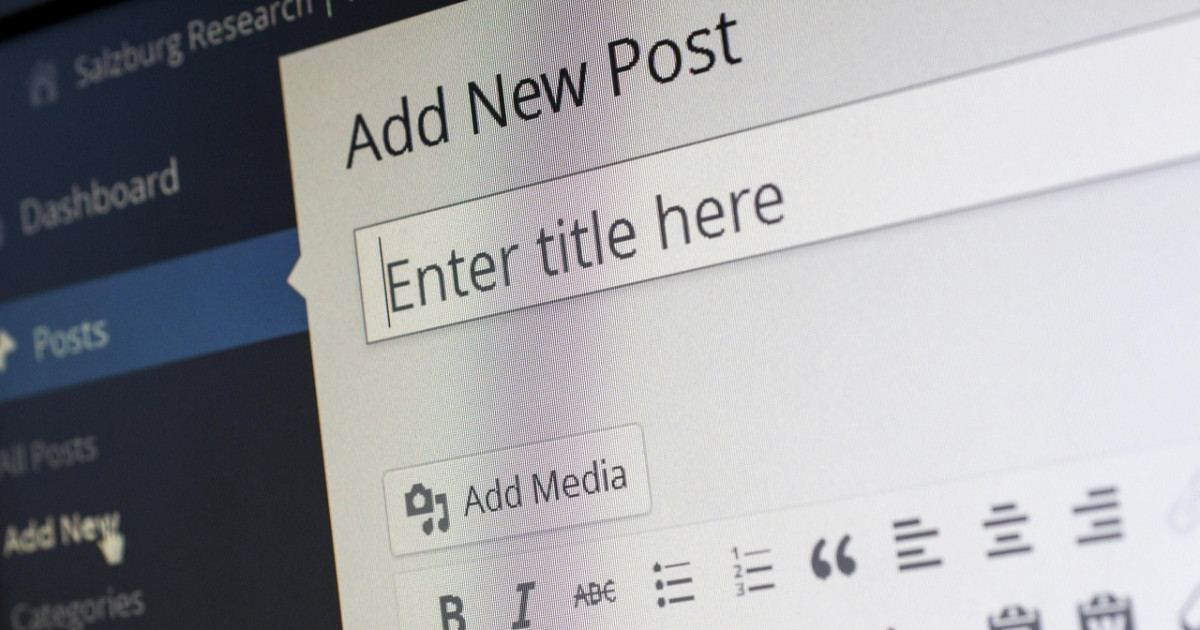From insult to introspection: Gandapur’s remarks signal a deeper crisis for Pakistani media
JournalismPakistan.com | Published: 10 September 2024 | Imran Naeem Ahmad
Join our WhatsApp channel
Khyber Pakhtunkhwa Chief Minister Ali Amin Gandapur's controversial remarks have sparked outrage among journalists, especially women. The incident raises critical questions about the relationship between political leadership and media integrity in Pakistan.Summary
ISLAMABAD—The remarks made by Khyber Pakhtunkhwa Chief Minister Ali Amin Gandapur against Pakistani journalists have triggered a firestorm of controversy. In an alarming display of misogyny and disrespect, he labeled the journalists as sellouts, accusing them of accepting bribes and being mere brokers for those in power. His words stung the media community, particularly women journalists, and reignited the ongoing debate about the role and integrity of the Pakistani media.
The Pakistan Tehreek-e-Insaf (PTI) leadership acted quickly, offering an unconditional apology. However, this hollow gesture did little to appease the outraged journalists who demanded an apology from Gandapur himself. Parliamentary reporters boycotted the National Assembly session in protest, while Leader of the Opposition Omar Ayub, along with Barrister Gohar, visited the media gallery to apologize in person. Despite these efforts, journalists remained resolute in their demand for direct accountability.
What’s alarming about Gandapur’s remarks isn’t just the personal attack, but what it says about the broader relationship between the media and political leadership in Pakistan. While the media has rightly condemned his offensive words, it must also take this moment to reflect on its own flaws. Pakistani journalism, while crucial to democracy, has been struggling for years under the weight of corruption, censorship, and bias.
Media outlets, which should be bastions of independent reporting, often rely on government advertising revenues and clandestine deals that shape their coverage. The very system Gandapur railed against—the so-called lifafa journalism—is, unfortunately, a reality in Pakistan. Journalists themselves admit that the profession is deeply fractured, with at least four factions of the Pakistan Federal Union of Journalists (PFUJ), each with its own loyalties, often swayed by political actors.
The PTI, like previous governments, believes it does not receive fair coverage, feeling marginalized in the broader media landscape. But the truth is, that Pakistan’s media is not united, transparent, or impartial. As Gandapur’s remarks reveal, this is a crisis not only of political discourse but of journalistic integrity.
If Pakistani journalism is to maintain any semblance of credibility, it must move beyond reacting to personal attacks. The media must actively work to rebuild its reputation by prioritizing ethical journalism, rejecting financial and political manipulation, and providing the public with the truth, free from bias or influence.
KEY POINTS:
- Gandapur accused journalists of being sellouts and accepting bribes.
- PTI leadership issued an apology, but journalists demand one from Gandapur.
- Parliamentary reporters boycotted the National Assembly session in protest.
- The incident has reignited discussions on corruption and bias in Pakistani journalism.
- Media must prioritize ethical reporting to regain public trust.

























